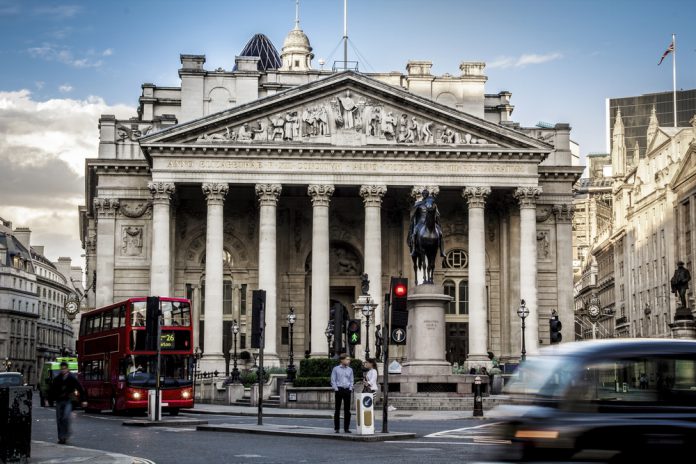For the first time since its introduction in 2014, all British lenders managed to pass this year’s stress test.
Used to test how the UK’s seven largest lenders would cope with a crisis, this year’s stress test was the toughest devised.
“For the first time since the Bank of England launched its stress tests in 2014, no bank needs to strengthen its capital position as a result of the stress test,” The Bank of England said.
“The 2017 stress test shows the UK banking system is resilient to deep simultaneous recessions in the UK and global economies, large falls in asset prices and a separate stress of misconduct costs.”
The results were released at 0700 GMT on Tuesday and showed all seven lenders (Barclays (LON:BARC), Royal Bank of Scotland (LON:RBS), Lloyds (LON:LLOY), HSBC (LON:HSBA), Standard Chartered (LON:STAN), Santander’s UK operations (LON:SANB), and the Nationwide building society (LON:CEBB)) to have passed.
Details of this year’s stress test are as follows:
- In the UK economy, the BoE modelled the effects of a sharp recession of more than -4 percent GDP. This is accompanied by the pound collapsing to just $0.85, a fall of about a third from current values.
- Global growth is also hit, with banks tested on how they would cope with a worldwide contraction of 2.4 percent. This scenario also includes a collapse in Chinese commercial real estate of more than 40 percent.
- As a result, unemployment in the UK climbs higher than during the financial crisis.
- Commercial lending collapses, leading to disaster in the property market. House prices fall by 33 percent and commercial real estate loses 40 percent of its value.
The test is designed to test banks under a series of apocalyptic pressures and ensure they have the right tools to see through the economic hit.
The BoE said about this year’s scenario “incorporates a severe and synchronised UK and global macroeconomic and financial market stress.”
Last year, only RBS failed the test and was forced to submit plans to BoE with details for how it would raise capital and boost resilience to financial shocks. This year, Barclays and Royal Bank of Scotland were found to be the weakest.

